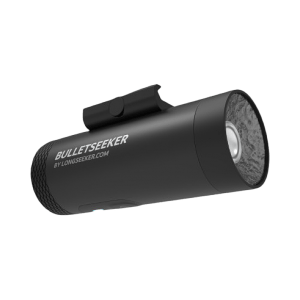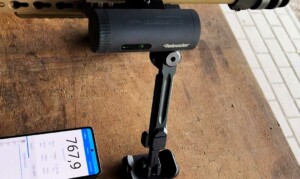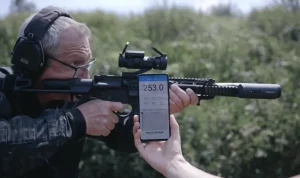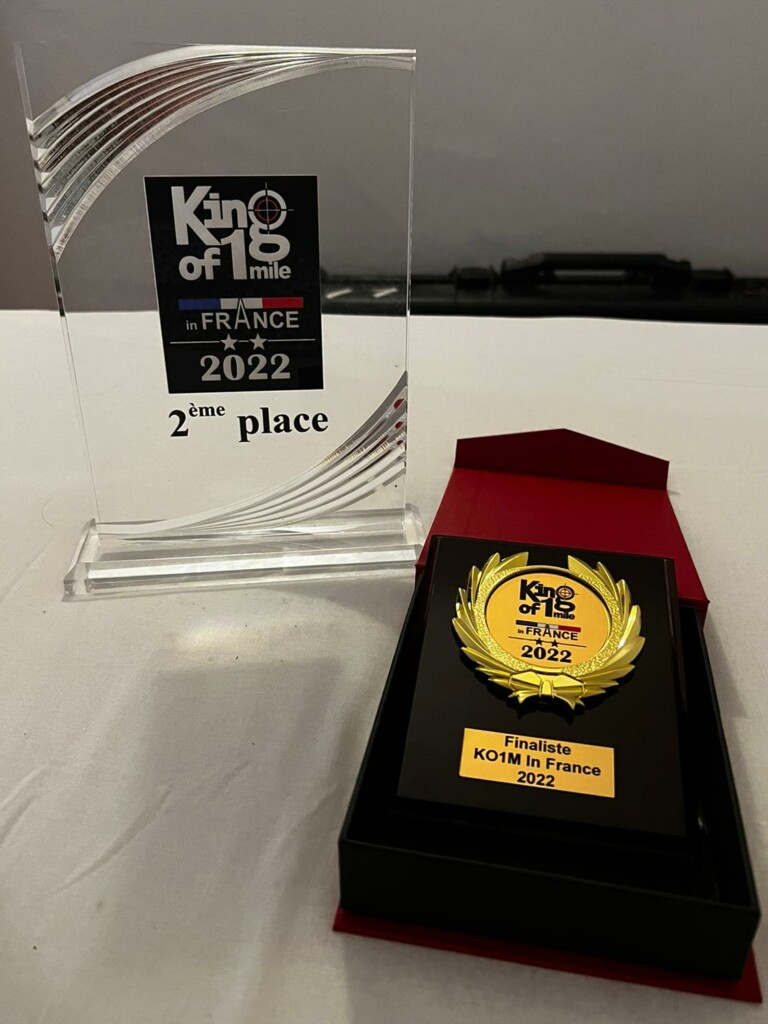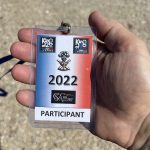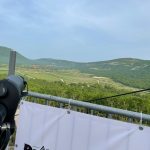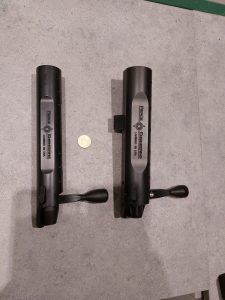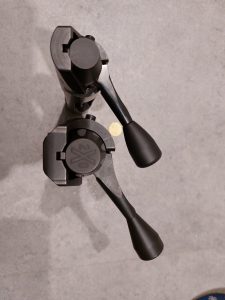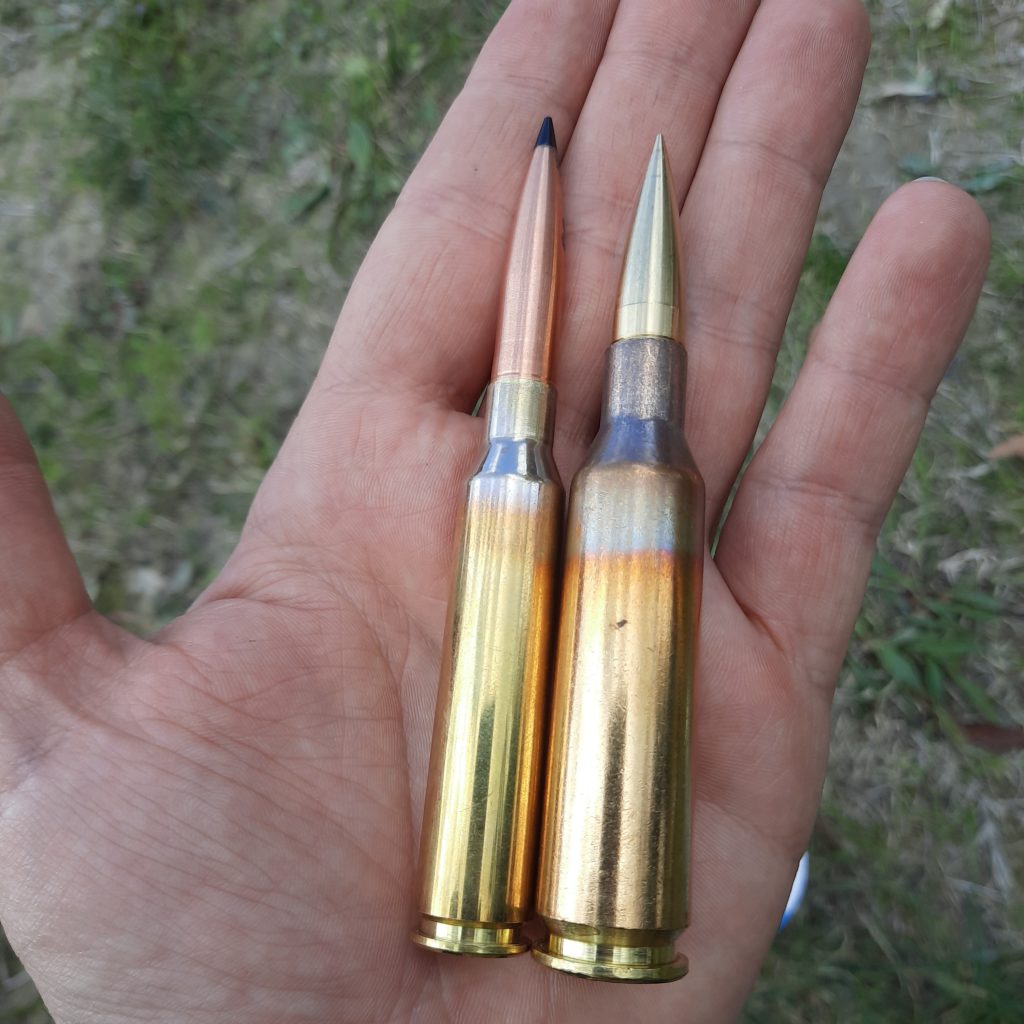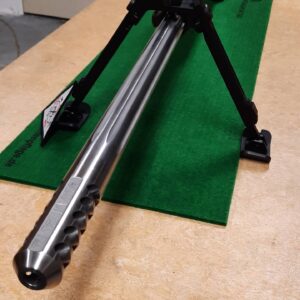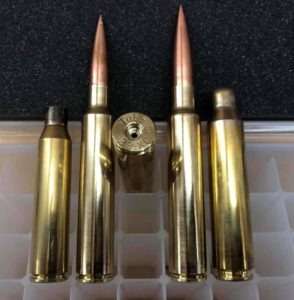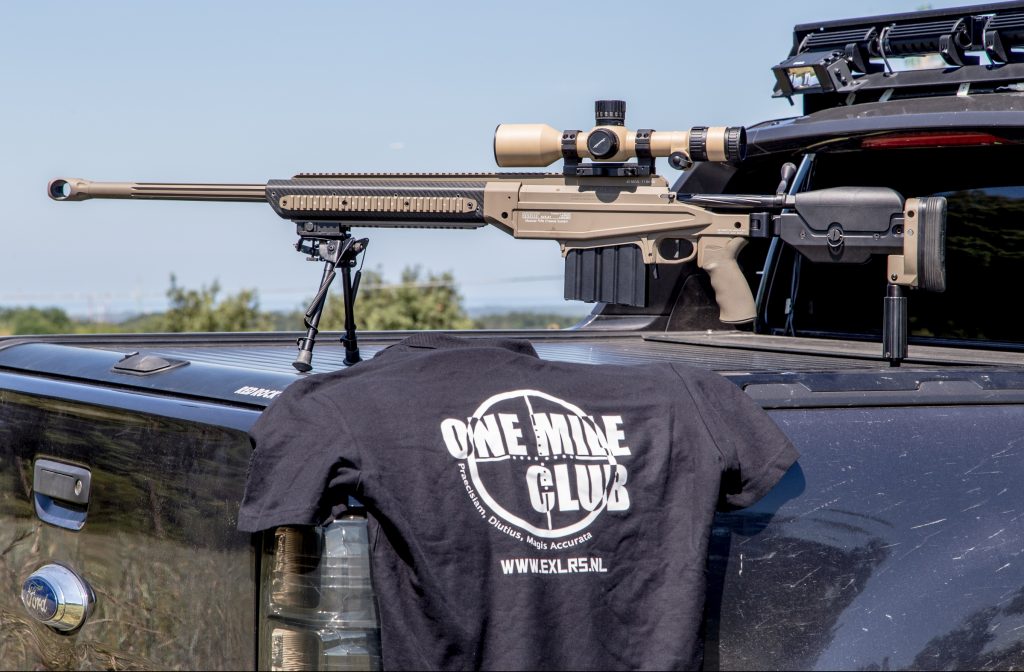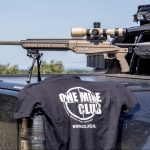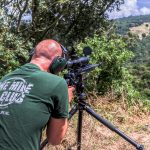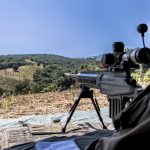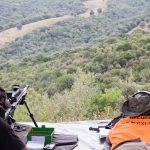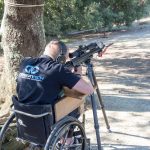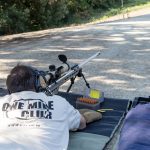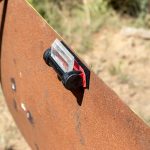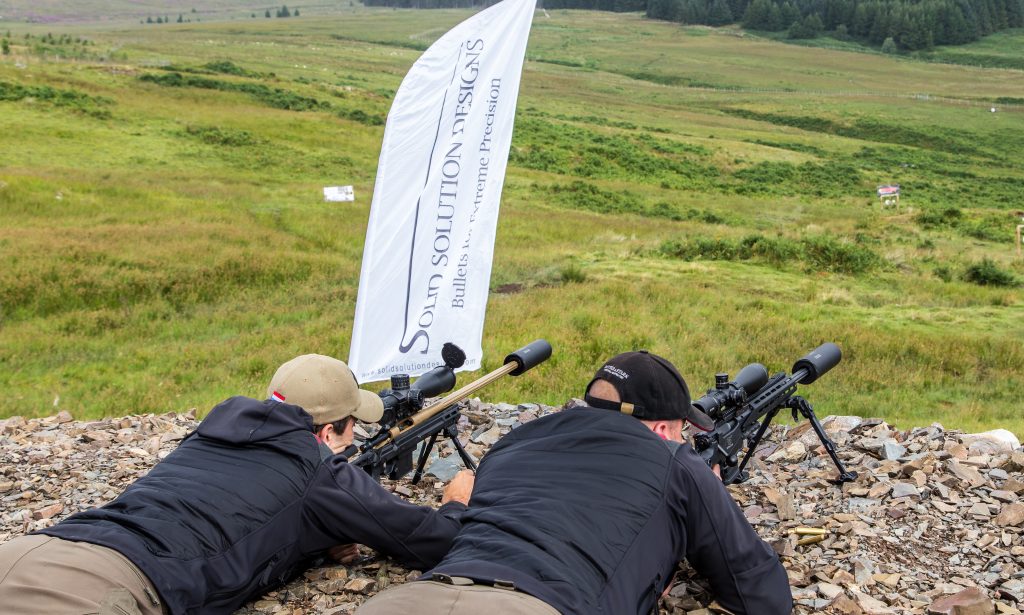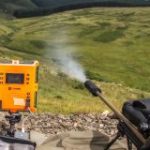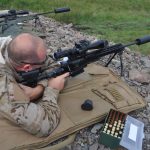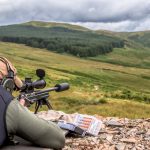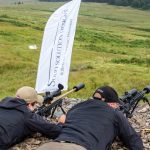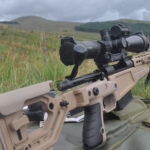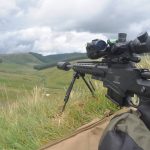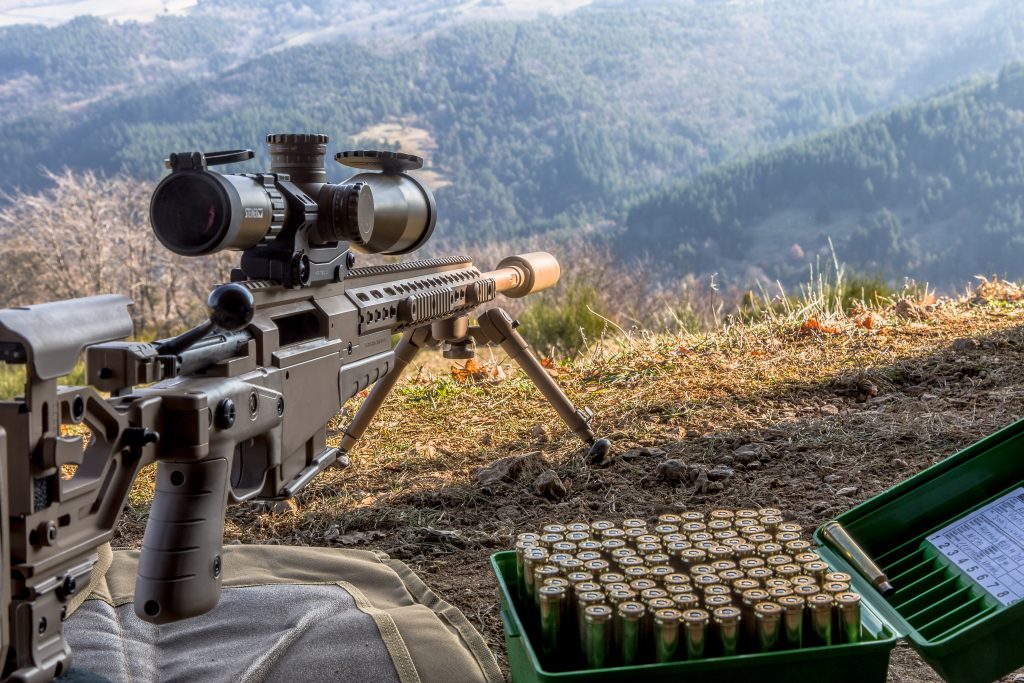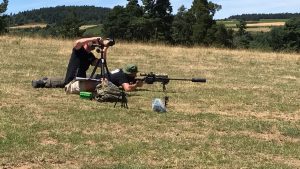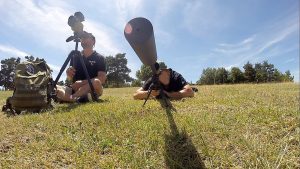Why a Bulletseeker/Speedtracker should be your next purchase
Serious shooters across the globe understand that tiny margins can make the difference between deadeye shooting and inconsistent, uninspiring hits – or even worse, misses.
You may have a top-of-the line ELR rifle, ultra-clear high definition scope, and custom-made ammunition of the highest calibre, but how do you know these are all working in perfect harmony?
The importance of muzzle velocity cannot be understated, which is why we have put together our top three reasons why every serious shooter needs a Bulletseeker/Speedtracker in their bag.
1. Inconsistent velocity = inconsistent shots
You fire off a round and it hits 50m short of the target. You adjust your zeroing to compensate, fire again and this time it soars straight over the target. Are you doing something wrong, or is your muzzle velocity completely inconsistent?
Muzzle velocity directly correlates to the flight of a round across the range, with specific levels of velocity providing a much more stable and flat flight path. Deviate from this velocity and your round will carry differently – whether too high, or too low.
A lower muzzle velocity may be suitable for shorter distances, but when tested at extended range this can result in excessive bullet drop and some rather embarrassing misses. Shoot at too high a velocity and you’ll fire straight over your target – it has to be perfect.
To put it simply, you could spot, line up and release your shot in the absolute perfect manner, but if your bullet velocity is even just a touch off, you’re not hitting where you should be.
Don’t make that mistake.
2. Get with the times
Now, a Bulletseeker/Speedtracker is not the only way to test your muzzle velocity – but it just might be the best. In years past, professional shooters have put their trust in chronographs and, more recently, the LabRadar, but these devices come with a few significant shortfalls.
First and foremost, traditional chronographs require the user to shoot through multiple ‘windows’ in order to track the bullet’s velocity. If you hadn’t guessed already, the problem here lies with potential disruption to your bullet’s flight path as it heads through the windows. And that’s assuming the device has in fact registered your shot!
Furthermore, setting these devices up is by no means a non-intrusive exercise. Unless you are lucky enough to secure a wide, unobstructed shooting area on your range, you may struggle to find suitable placement.
Designed to tackle these problems, the Bulletseeker/Speedtracker attaches directly to a rifle’s picatinny rail, allowing the user to take advantage of the benefits of velocity tracking with ease.
The bulletseeker/speedtracker also features a supported phone app, enabling you to view your shot readings in seconds and make the necessary adjustments to shoot straight.
Eliminating yet another problem, the bulletseeker/speedtracker’s on-rifle deployment means that if your rifle moves, so does the tracker. Gone are the days of constant re-adjustment or untracked shots due to slight deviations in the rifle’s positioning. If you move, so does the bulletseeker/speedtracker.
Don’t get left behind.
3. Experiment with ease
As any professional shooter will tell you, it’s not just about staying with the times – it’s about getting ahead of them.
If you’re a competition winning marksman, there is always someone gunning for your position. Whether it’s testing new rifles as they are released to market, fine tuning your ammunition or modifying your barrel, there is always room for improvement.
However, making these changes and testing their efficacy is quite a laborious process. With the BULLETSEEKER/SPEEDTRACKER’s ability to attach directly to the rifle and record velocity with immense accuracy, it has never been easier to make alterations and test their worth.
After all, the proof is in the pudding – let’s grab a bowl.
Find out more about the Bulletseeker/Speedtracker here.

